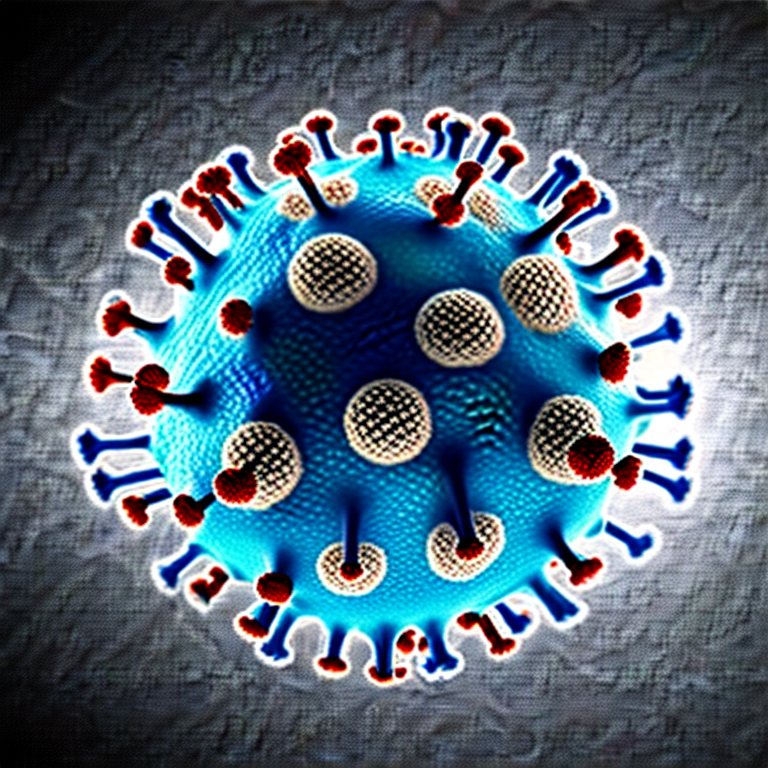COVID and Trigeminal Neuralgia

As the world continues to grapple with the COVID-19 pandemic, many people are experiencing a variety of symptoms, including fever, cough, and difficulty breathing. However, for those who suffer from […]
Message from Aneeta Prem CEO
Message from Aneeta Prem CEO Message from Aneeta Prem CEO of The Trigeminal Neuralgia Association (TNA) Facial Pain. TNA is a charity dedicated to providing education, support, and advocacy. Helping […]




